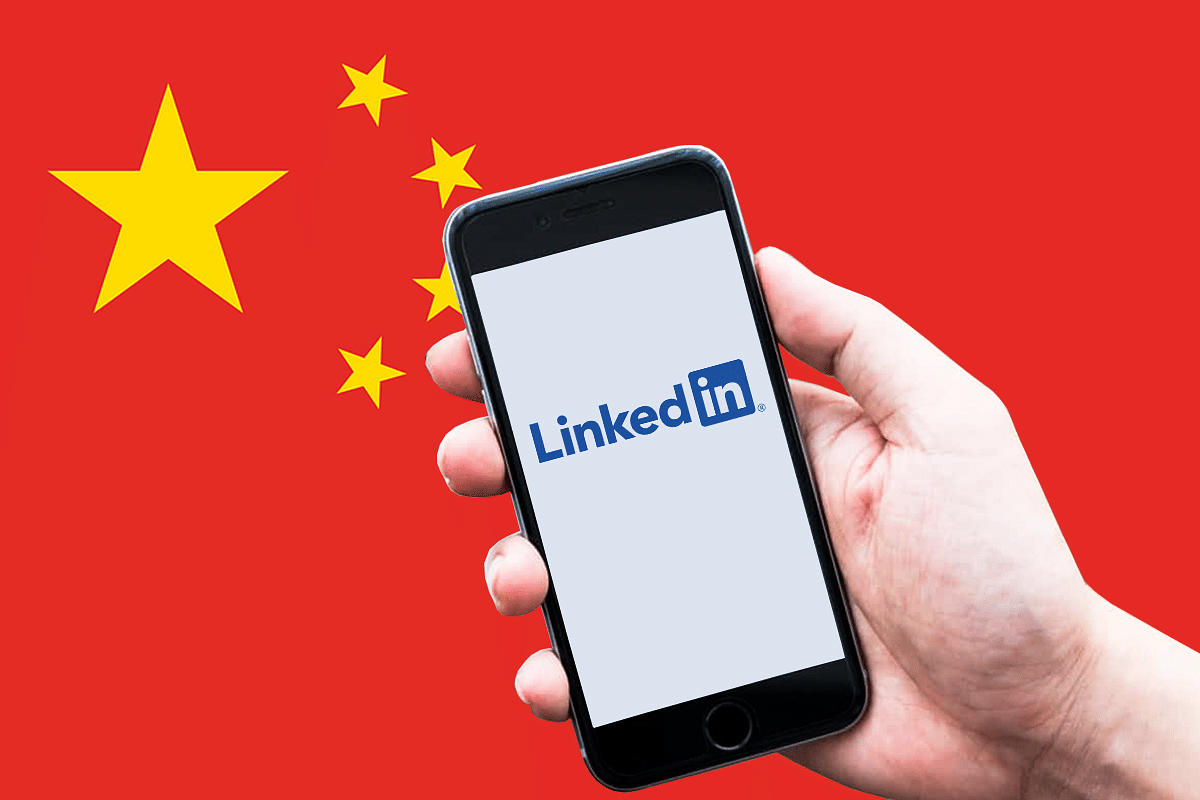News Brief
Microsoft Plans On Closing LinkedIn In China, Will Introduce A Jobs Only Version InJobs
- Microsoft will be shutting down LinkedIn in China due to "significantly more challenging operating environment and greater compliance requirements."
- However, the company plans to introduce InJobs, a new, standalone jobs application that excludes social media features and the ability to share or post articles for China, later this year.

Microsoft to shut LinkedIn in China due to challenging environment.
Microsoft said on 14 October that the company is shutting down its LinkedIn social network in China, claiming that complying with the Chinese government has grown increasingly difficult.
LinkedIn was the last major American social media platform still active in China. Twitter and Facebook, among other social media platforms and websites, have been restricted in the country for more than a decade. The tech giant Google decided to close its operations in China in 2010.
The latest decision by Microsoft comes after the career-networking site was chastised for removing several journalists' profiles, citing “prohibited content” in their accounts. Academic and research profiles have reportedly been restricted on the network in China in recent months.
According to Microsoft, LinkedIn will be shut down in China due to the “challenging operating environment”. However, as per the reports, LinkedIn will continue to operate in China through InJobs, a jobs-only version of the site excluding social media features and the ability to share or post articles, which it plans to introduce later this year.
LinkedIn senior vice-president Mohak Shroff said in a blog post: “We’re also facing a significantly more challenging operating environment and greater compliance requirements in China. Given this, we’ve made the decision to sunset the current localized version of LinkedIn, which is how people in China access LinkedIn’s global social media platform, later this year.”
“Our new strategy for China is to put our focus on helping China-based professionals find jobs in China and Chinese companies find quality candidates. Later this year, we will launch InJobs, a new, standalone jobs application for China,” the post noted.
The blog post also said: “We will also continue to work with Chinese businesses to help them create economic opportunity.”
Recently when the platform blocked many journalist accounts, it included those of Melissa Chan, a former China correspondent who now works as a journalist in Berlin and Greg Bruno, who is the author of a book about China's treatment of Tibetan refugees. Both of them received emails from LinkedIn customer service regarding their profile being blocked in China.
According to Axios, LinkedIn said in a statement: "We’re a global platform that respects the laws that apply to us, including adhering to Chinese government regulations for our localized version of LinkedIn in China. For members whose profile visibility is limited within China, their profiles are still visible across the rest of the globe where LinkedIn is available."
However, LinkedIn did not answer the questions regarding which content was considered "prohibited," which Chinese legislation the content broke, or whether LinkedIn keeps an internal list of prohibited topics from which it removes profiles proactively.
It is not clear that whether the latest decision was influenced by the pressure from China or the United States. It could be both, as the Chinese government has tightened its grip on the internet and LinkedIn has come under fire in the United States for complying with Beijing's censorship laws.
It was reported earlier that Chinese intelligence agents had exploited the platform as a recruitment tool.
As per BBC, President of LinkedIn China Lu Jian wrote a letter addressing the platform's Chinese users and promising that the site will continue to "connect global business opportunities".
According to data from Statista, China is LinkedIn's third-largest market. But the shutdown of LinkedIn in China demonstrates that China's tightly controlled internet has become increasingly isolated from the rest of the world, making it difficult for international companies to do business in the country.
Introducing ElectionsHQ + 50 Ground Reports Project
The 2024 elections might seem easy to guess, but there are some important questions that shouldn't be missed.
Do freebies still sway voters? Do people prioritise infrastructure when voting? How will Punjab vote?
The answers to these questions provide great insights into where we, as a country, are headed in the years to come.
Swarajya is starting a project with an aim to do 50 solid ground stories and a smart commentary service on WhatsApp, a one-of-a-kind. We'd love your support during this election season.
Click below to contribute.
Latest